The House v. NCAA settlement was finally approved. What’s next?
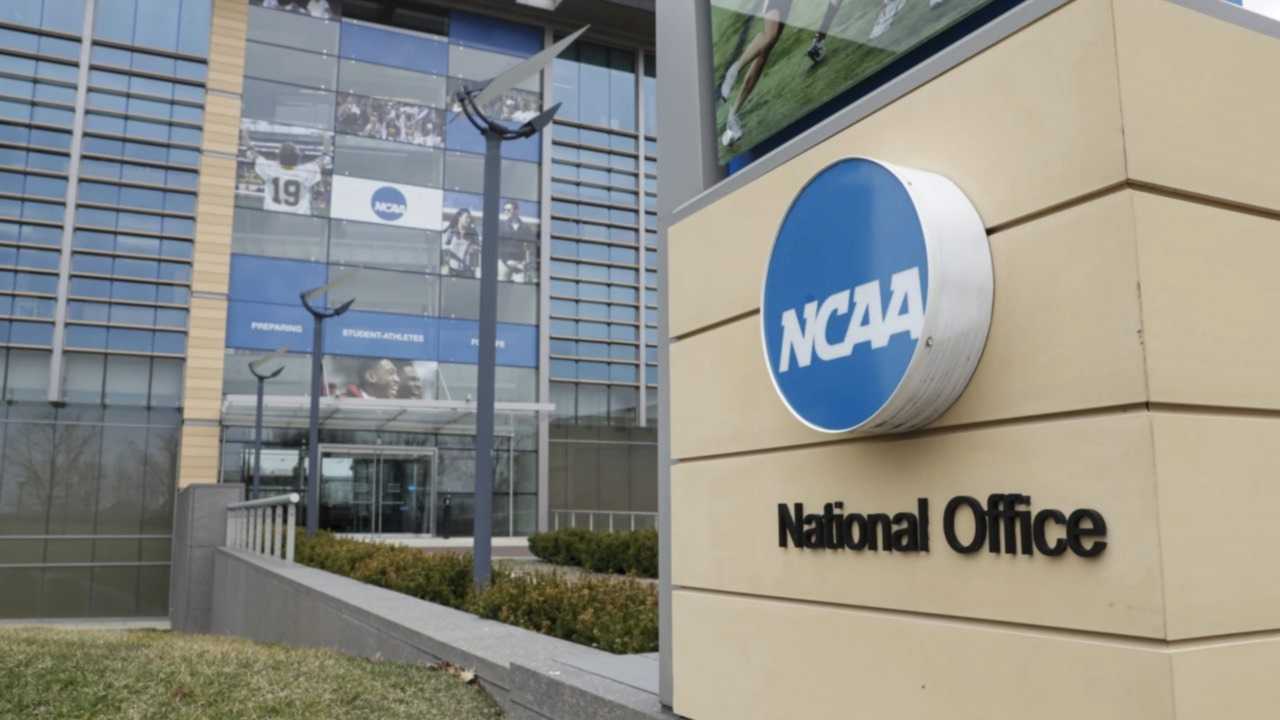
Image: Michael Conroy/AP
For centuries, universities across the US have been collecting money from students. But now the shoe cleat is on the other foot.
On Friday, a federal judge approved a landmark settlement that allows schools to directly pay players for the first time in NCAA history starting July 1, in a move that officially redefines the financial landscape of college athletics.
Here’s the playbook
The decade-long House v. NCAA settlement essentially allows athletes to receive a cut of billions of dollars worth of broadcast revenue generated by college sports—though they aren’t officially classified as employees.
- Moving forward, each school can pay athletes up to 22% of the average Power Five school’s athletic revenues each year, with full discretion over how the funds are distributed.
- This annual cap, enforced by the newly created College Sports Commission (CSC), is expected to start at ~$20.5 million in 2025-26 and increase every year during the deal.
- The new revenue payments are on top of scholarships and other benefits student athletes already receive.
- Additionally, the NCAA will pay ~$2.8 billion in back damages over the next 10 years to athletes who competed in college at any time from 2016 through present day.
NIL—reduced to nil?
The settlement also involves new rules designed to limit the influence of boosters and NIL collectives. Starting this summer, any endorsement deal between a booster/NIL collective and an athlete that’s worth $600+ will be vetted by a CSC clearinghouse to ensure it’s for a "valid business purpose," rather than a “pay-for-play” incentive.
But…Many analysts and college sports insiders reportedly have doubts about whether the new rules governing boosters and NIL collectives will be effective at protecting competitive balance. Some believe athletes at the NCAA's richest schools will continue to receive rapidly increasing paychecks, while others believe the rule will spur new lawsuits from NIL backers.
Looking ahead: Expect more lawsuits to clear up items left unanswered by the settlement, including whether athletes should be considered employees and whether NCAA rules allowing just four years of eligibility are legal.
📊 Flash poll: What are your personal feelings regarding the House v. NCAA settlement?
See a 360° view of what pundits are saying →
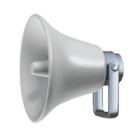
Sprinkles in favor of the new landscape
- “Michigan’s student-athletes need NIL reform” –John Motherwell, Detroit News
- “Payments to college athletes need transparency” –The Daily Sentinel Editorial Board
- “Student-Athletes or Athlete-Students? The Economics of Collegiate Athletics in the NIL Era” –Benjie Harthun, Equilibrium
- “Michigan’s student-athletes need NIL reform” –John Motherwell, Detroit News
- “Payments to college athletes need transparency” –The Daily Sentinel Editorial Board
- “Student-Athletes or Athlete-Students? The Economics of Collegiate Athletics in the NIL Era” –Benjie Harthun, Equilibrium

Sprinkles against the new landscape
- “NIL rules and regulations pose a slippery slope for NCAA and amateur athletics as a whole” –Marc Goldstein, The New Political
- “College sports are broken. That’s a problem in Kentucky and everywhere else” –Jim Jackson, Lexington Herald-Leader
- “The changing face of college athletics, part one” –Paul Kincaid, Springfield Daily Citizen
- “NIL rules and regulations pose a slippery slope for NCAA and amateur athletics as a whole” –Marc Goldstein, The New Political
- “College sports are broken. That’s a problem in Kentucky and everywhere else” –Jim Jackson, Lexington Herald-Leader
- “The changing face of college athletics, part one” –Paul Kincaid, Springfield Daily Citizen
Share this!
Recent Discussion stories
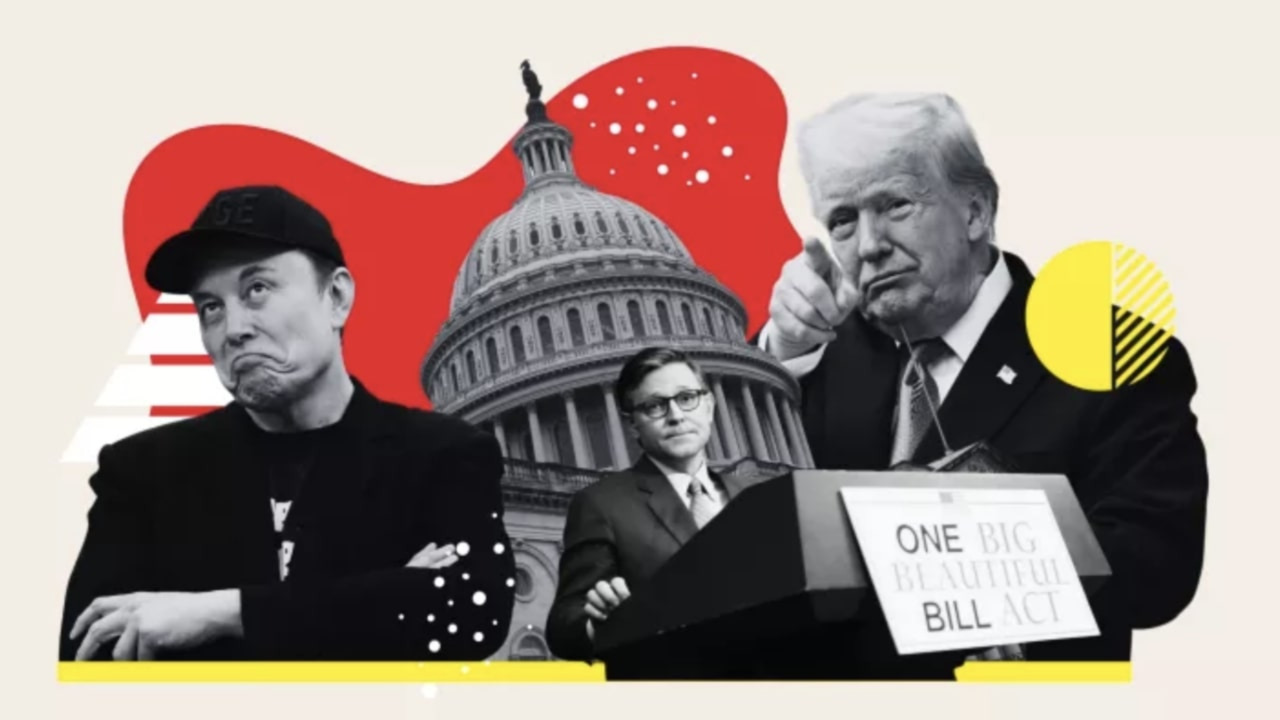
Discussion
| June 6, 2025The GOP grows more critical of Trump’s “big, beautiful bill”
🏛️ A growing number of prominent Republicans are pushing back against some or all components of the massive tax and spending bill making its way through Congress.
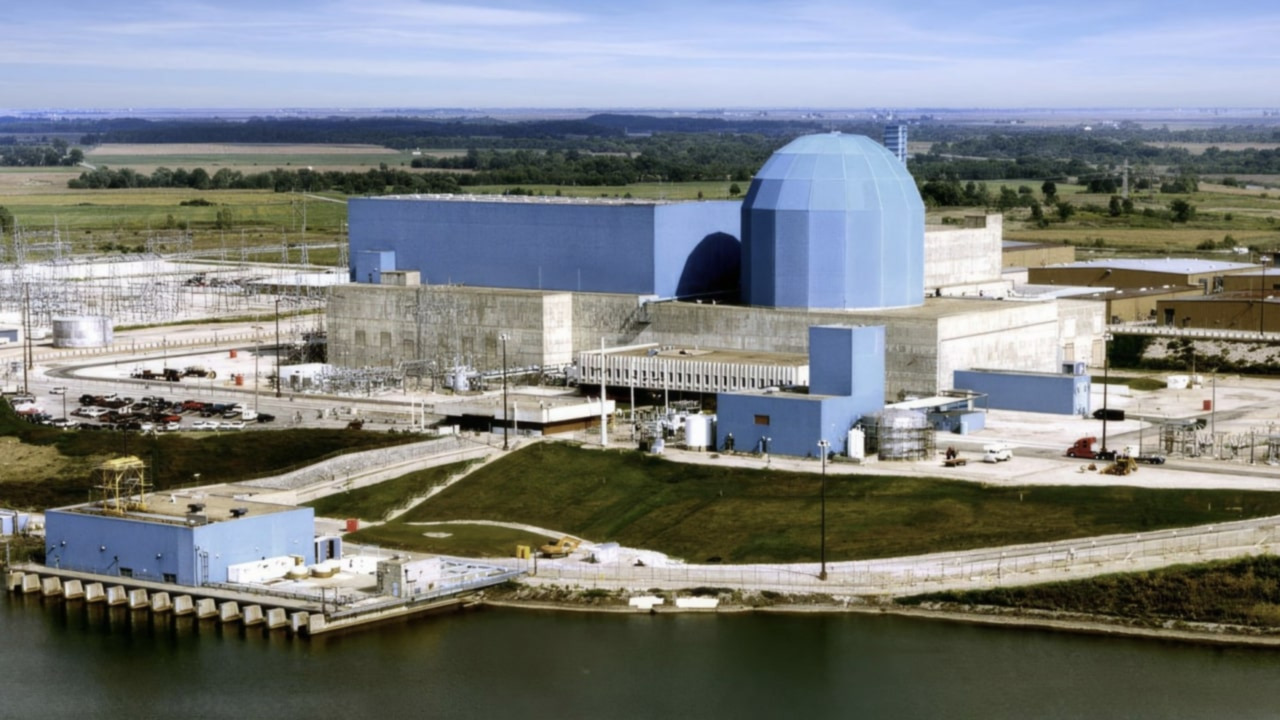
Discussion
| June 4, 2025US tech giants continue to embrace the nuclear option
⚡️ Yesterday, Meta announced a deal with nuclear energy provider Constellation Energy to buy massive amounts of electricity over the next two-plus decades to fuel its AI ambitions.
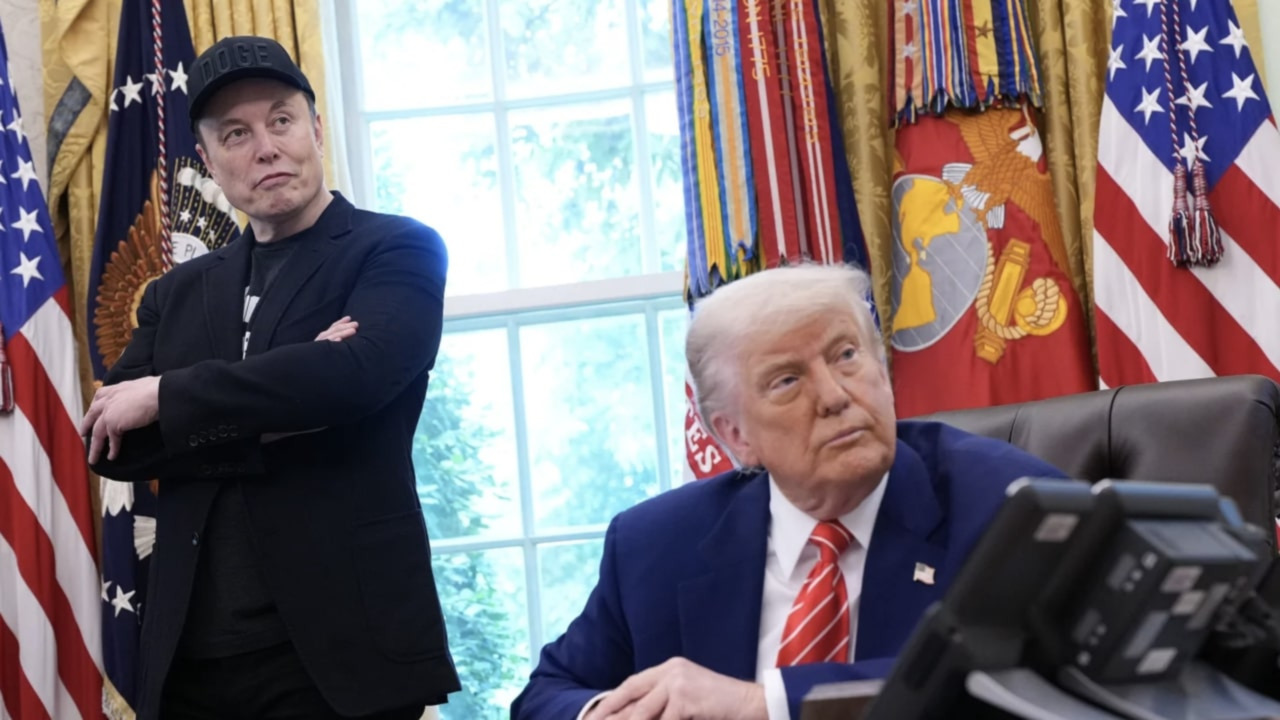
Discussion
| June 2, 2025Elon Musk is getting out of DOGE
🏛️ Elon Musk officially said goodbye to the Department of Government Efficiency (DOGE) on Friday, when his 130-day legal tenure as a special government employee expired.
You've made it this far...
Let's make our relationship official, no 💍 or elaborate proposal required. Learn and stay entertained, for free.👇
All of our news is 100% free and you can unsubscribe anytime; the quiz takes ~10 seconds to complete